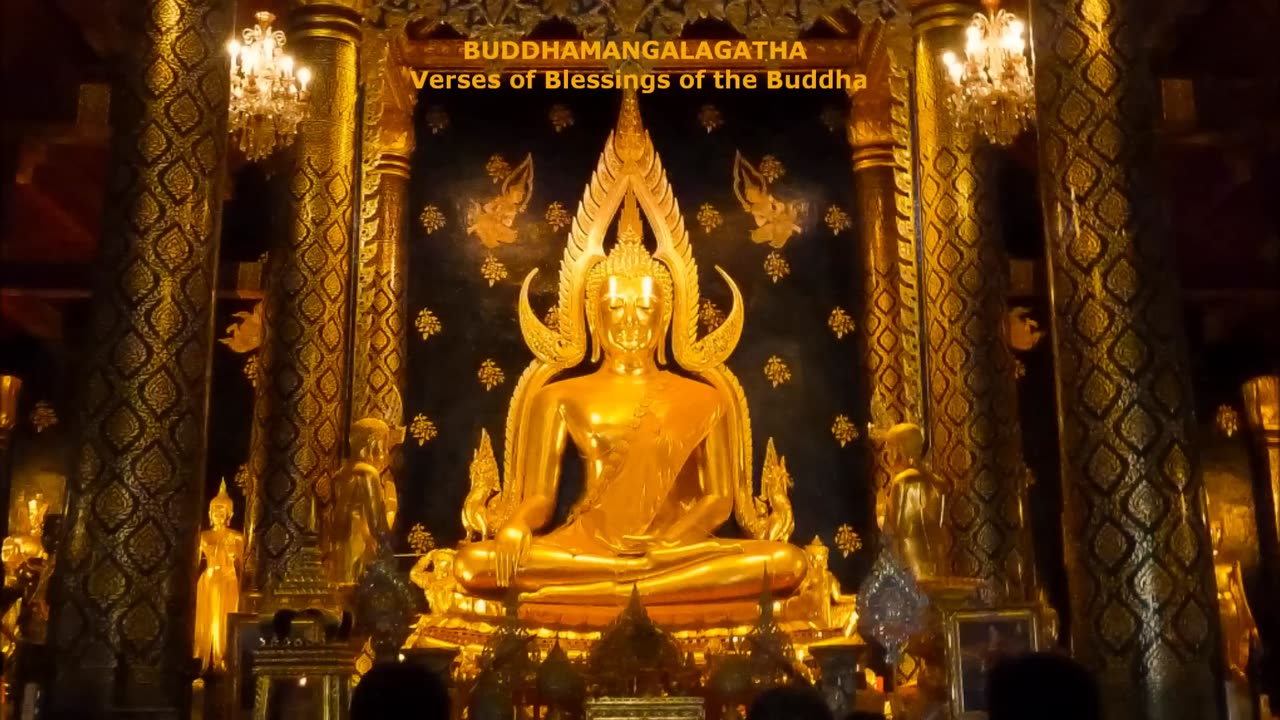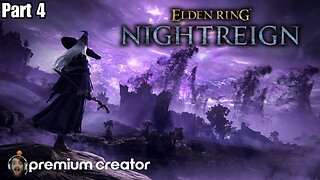Premium Only Content

Paritta Chanting - Buddhamangalagatha
A Paritta chant is a form of Buddhist chanting or recitation that is believed to have protective and blessing qualities in various Buddhist traditions. The term "Paritta" comes from the Pali language, which is one of the earliest recorded languages of Buddhist scriptures, and it means "protection" or "safeguard." Paritta chants are typically recitations of specific passages from Buddhist texts, often taken from the Pali Canon, which is a collection of scriptures in Theravada Buddhism. These chants are performed by Buddhist monks or devout practitioners and are believed to offer protection from various forms of harm, such as physical dangers, illnesses, and spiritual disturbances. They are also recited on special occasions, such as religious ceremonies, to invoke blessings and promote well-being. The content of Paritta chants can vary, but some common themes include: 1. Metta (Loving-kindness): Chants that radiate loving-kindness and goodwill to all beings. 2. Ratana Sutta: A discourse that extols the virtues of the Triple Gem (Buddha, Dharma, Sangha) and is believed to provide protection. 3. Maha Mangala Sutta: A discourse on blessings and auspicious qualities that lead to a happy and successful life. 4. Anatta-Lakkhana Sutta: A discourse on the doctrine of anatta (not-self). 5. Atanatiya Sutta: A protective chant against malevolent supernatural forces. Paritta chants are considered a means of accumulating merit and generating positive karma in Buddhist practice. They are often recited with mindfulness and a sense of devotion. Different Buddhist traditions may have variations in the specific Paritta chants used and their pronunciation, as the texts have been translated into various languages over time. Paritta chants are an integral part of Buddhist rituals and are used to provide a sense of comfort, protection, and spiritual connection to those who participate in or listen to them.
-
 LIVE
LIVE
RiftTV/Slightly Offensive
3 hours agoBig, Beautiful SCAM? Elon FLIPS on Trump for WASTEFUL Bill | The Rift | Guests: Ed Szall + Matt Skow
930 watching -
 3:24
3:24
Glenn Greenwald
2 hours agoPREVIEW: Sen. Rand Paul Interview Exclusively on Locals
41.6K31 -
 1:14:00
1:14:00
The Daily Signal
2 hours ago🚨LIVE: Democrats Champion Illegals Amid MORE ICE Arrests
14.4K1 -
 LIVE
LIVE
VapinGamers
1 hour ago⚔ 🔥 Blades of Fire - Game Review and Playthru - !game !rumbot #sponsored
92 watching -
 20:08
20:08
From The Desk Of Anthony Pompliano
5 hours ago $1.20 earnedHow Wall Street And Washington Could Quietly (And GENIUSLY) Stack Bitcoin
8.36K -
 LIVE
LIVE
This is the Ray Gaming
1 hour agoWelcome to Rumble This is the Ray Gaming
96 watching -
 LIVE
LIVE
TheBoyDevv
3 hours agoELDEN RING NIGHTREIGN⚔ | CONQUERING THE NIGHT🔥| I APPRECIATE YOUR SUPPORT💙
46 watching -
 1:00:40
1:00:40
BonginoReport
4 hours agoPLOT TWIST in Trump Assassination Attempt - Nightly Scroll w/ Hayley Caronia (Ep.61)
90K61 -
 DVR
DVR
Quite Frankly
8 hours agoCanceled Comics Laugh at the Culture War ft. Leonarda Jonie & Chrissie Mayr 6/3/25
21.6K4 -
 LIVE
LIVE
EnDuEnDo
1 hour ago🚨Variety Stream 🎮 Push to 600 Followers 🚀 Chill Vibes 😎 Content Creator for @SelfMadeGGs & @SMKAcademy
42 watching